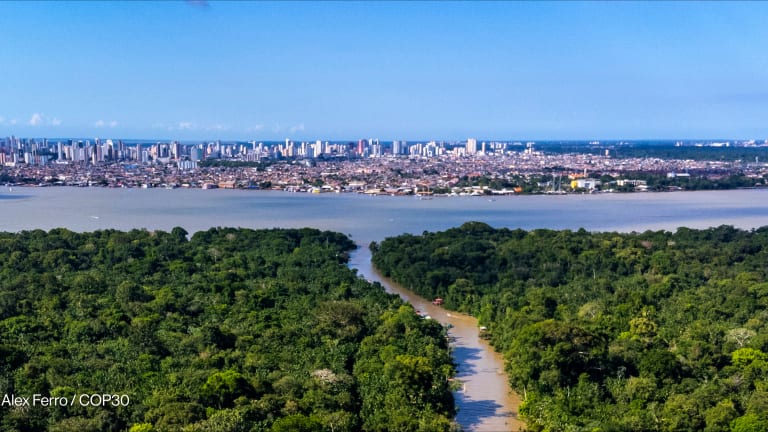In a world where there’s so much need and so much to be done, burnout seems inevitable.
Based on my personal journey overcoming burnout and my experience supporting others in doing the same, I’ve seen that burnout is something we can pull back from as well as prevent. The critical part is identifying the burnout “red flags” so that we can take action and get support.
Burnout affected me on every level — emotionally, mentally and physically. I no longer felt inspired doing the global health work that I had so passionately poured my blood, sweat and tears into for over a decade. Years of last minute travel and late night conference calls left me with little time to invest in my relationships with family and friends, leaving me feeling disconnected and unsupported. On the health front, I developed food sensitivities, digestive issues, hormonal imbalance, weight gain, brain fog and chronic exhaustion.
This story is forDevex Promembers
Unlock this story now with a 15-day free trial of Devex Pro.
With a Devex Pro subscription you'll get access to deeper analysis and exclusive insights from our reporters and analysts.
Start my free trialRequest a group subscription







